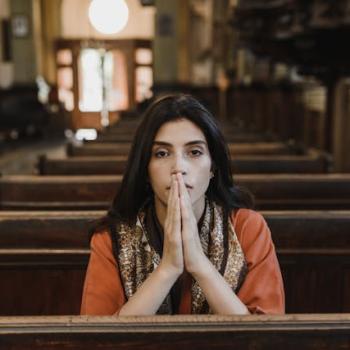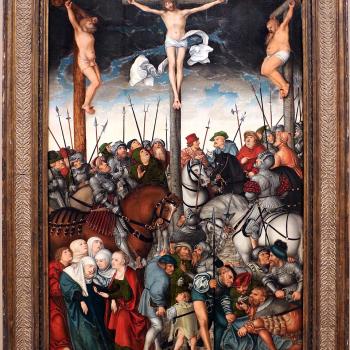E. J. Dionne’s tribute to the late, great Dave Brubeck contains some important insights into the arts in general:
Too often in the arts, the fact that someone is accessible is taken to mean that he isn’t truly creative. This is a very wrong idea, and it’s especially mistaken in the case of Brubeck, an extraordinary innovator in rhythm and meter. His music is now so familiar that we forget how daring he was as a composer.
He also defied the romantic image of the troubled and distant artist. It’s almost as if his being a generous soul, a loyal family guy, and a quietly and thoughtfully religious man — “Forty Days,” one of his best pieces, was inspired by Jesus’ wanderings in the desert — were held against him. Yet over the years, earthly redemption came his way. It turned out you could be both good and great.
“Art may not have the power to change the course of history, but it can provide a perspective on historical events that needs to be heard, even if it’s seldom heeded,” Brubeck said in a 2009 interview with Commonweal. “After all the temporary influences that once directed the course of history have vanished, great art survives and continues to speak to each generation.”












